Get Effective strategies for 8 Week Puppy Training
When training the puppy, it is exciting to see that your new puppy is sometimes energetic and sometimes lazy, so it is also challenging to teach them. Still, if you have the proper guidance, you can quickly develop a strong bond with your puppy and help it grow and develop.
You have to remember that if you train your puppy, it is not only that you follow the advice, but you have to show your love in training. Your puppy needs your attention and love. The more care and love you give your puppy, the more attention it gives you.
8-Week-Old Puppy Schedule
To train your puppy, having a well-structured schedule is essential. This schedule helps you find the activities useful for your puppy.
The specific 8 week for puppy training includes potty breaks, feeding, playtime, socialization, and rest. If you follow this schedule, your puppy will train when it becomes a dog and help you take care of it quickly.
Feeding is important. You have to take care of the time you feed your puppy. It is small in age, so it needs feed according to its age to meet its nutrition.
Potty break should be scheduled after the feed, nap, and play session.
Playtime is also essential for your puppy to make it active and energetic. If your puppy does not play or you do not schedule proper play time, it may become lazy.
We read this important schedule in detail below.
Guide for Training an 8-Week-Old Puppy
Mastering Toilet Training
Potty training is the first step for your new puppy toward a calm and harmonious environment. You sometimes feel unimportant, but this step is the right tip and insight; you can progress slowly but effectively.
The first thing you need to do is to take a potty area outside your house or on the potty area inside your home. It is the separate place where your puppy goes after a meal and playtime. This area gives them a guide to where they should do their business.
You also have to take care of your dog and keep an eye on it the behavior that it gives you. They also act on some things like sniffing and circling. If you see these signs, you understand your puppy’s needs and quickly and calmly guide them to their potty area. You have to use the exact words and actions that you do to go to the potty site.
Tracing or training your puppy may take time, and accidents may happen. You mustn’t scold or punish your puppy for the wrong action because it may need time to understand and learn the place and activity. Avoid free-feeding and remove their food bowl between meals to prevent them from grazing throughout the day.
Patience and persistence are the only things you must do during training. Every puppy has their learning capacity, so you must be prepared according to them. You have to celebrate their success. If they go to the right place, then you have t give them some award to gift. This helps your puppy to improve their training. Remember, it’s a process that requires patience, consistency, and positive reinforcement.
Fun Activities
Keeping your puppy energetic and active is essential for their physical health and mental stimulation. If your dog and puppy perform some activities, then it means that they are engaged and play around you. This helps them to maintain their health well and also this helpful for their mental health. If your puppy does not play around, it has only one thing to do: sleep. This is not good for your puppy’s health and mental health.
The game that your puppy play is Play fetch. This is the game that your puppy plays with you. You also find a place you hide your puppy’s games and favourite toys when your puppy finds them. This makes your puppy happy.
The game that you play with your puppy is hide and seek. You hide in any room and then call your puppy’s name, and then your puppy finds you. This has two advantages. Firstly, it lets your puppy play with you; secondly, your puppy recognizes its name. When your puppy finds you give it some award, like its food or anything else.
Socialization
Socialization is an essential step in socializing your puppy with other animals. This is the schedule of your 8 week puppy training process. This has a goal: you allow your puppy to become friendly, confident, and grow with society.
During this stage, you first need to introduce your puppy to your family and find this includes different types of people, like children, young, and adults. They talk with your puppy, give them treats and play with them. This gives your dog confidence to contact people.
Introducing your puppy to other animals, like your pets or friend, is also essential. Take your dog for a walk and then meet them with other animals but ensure they are vaccinated and friendly dogs. Do not meet them with aggressive and large dogs because your puppy is only eight weeks old.
Expose your puppy to various environments, both indoors and outdoors. Introduce them to different surfaces, sounds, sights, and smells. This exposure helps them feel comfortable and confident in various situations, reducing the likelihood of fear or anxiety later in life.
Leash Training
Leash Training is an important technique to teach your puppy when it is eight weeks old. It allows you to take your puppy for a walk and shop safely. You can also teach them how to move on the road left and right safely during the walk.
Start by introducing your puppy to the leash in a positive way. Gradually introduce the feeling of light tension on the leash, rewarding them with treats and praise for calm behaviour.
When you attach the leash, check that it is not too tight and make it loose because your puppy is small and fell tight around the neck.
Importance of Being Your Puppy’s Source of Food
Giving food to your puppy is essential because your puppy recognizes you and knows that you provide them with the food.
Strengthening the Connection
When you give food to your puppy, then your puppy knows that you are the person that feeds them. You train them that you provide them with food, which develops their attraction and bond.
Mealtime
Mealtime offers a valuable chance to improve your puppy’s focus and attention on you. You can capture their attention by including training exercises before, during, or after meals and teach them basic commands or tricks. This strengthens their training skills and enhances the bond between you as their trusted guide and source of reward.
Controlling Portion Sizes
As your puppy’s primary food source, you are responsible for helping them maintain a healthy weight. By carefully controlling portion sizes and providing a balanced diet, you can support their overall well-being and prevent weight-related health issues. Monitoring and adjusting their food intake as needed ensures they stay fit and active and live a long, happy life.
Ensuring a Successful Eating Experience
You must give your puppy a full meal and food at the time. This is free from any distractions and communication.
Establishing a Healthy Feeding Schedule
Creating a healthy mealtime routine is essential for your puppy’s growth. If you give meals at all times and not according to schedule, it may also share your puppy’s terrible eating habits and health issues. You make a schedule according to the guidance of your veterinarian according to your puppy bread.
Establishing a Safe and Relaxing Space
Create a comfortable and secure sleeping place for your puppy. Giving your puppy a separate area to sleep and rest is that it feels safe and comfortable and has its place to live peacefully.
Puppies are primarily like human beings. They need a separate place to feel secure. YOu have to create a designed and comfortable bed for your puppy. You can also buy a small room with a bed and toys. But make sure you choose a place for your puppy to rest far from noise and distraction. Because everyone needs a place to sleep that is comfortable to relax.
Ensure the sleeping area is clean, well-arranged, and comfortable. Also, take care of the temperature. If cold outside, ensure your puppy is warm and cover it with a blanket.
You train your puppy to use this place to sleep at 8 weeks so that it is used to this place.
Advantages of Early Puppy Training Starting at 8 Weeks
One of the most common questions new puppy owners ask is when to start training. It’s understandable because there are different opinions out there. We believe that beginning 8 week puppy training is the best choice, and here’s why:
When puppies are very young, they learn essential social skills from their littermates and mother. This includes things like learning how to control their biting strength. It’s a crucial foundation for future training.
At this age, puppies also start exploring their surroundings and learning about the world. By starting training early, you can guide their energy positively and teach them basic commands like sit, stay, come, and down.
Young puppies have shorter attention spans compared to older dogs. This means they need faster, more frequent training sessions to help them remember what they’ve learned. Starting training early helps your puppy develop good habits right from the beginning.
Lastly, beginning puppy training at 8 weeks allows you to build a bond and establish trust with your new furry friend. Exercise should be enjoyable for both of you.
Conclusion
Implementing effective strategies for training your 8-week-old puppy is crucial for their development and your relationship with them. When you start the training early, you can develop a strong foundation of trust, communication, and obedience with your puppy. Remember to be patient, consistent, and reward your puppy’s progress. With these expert tips and advice, you’ll be well on your way to raising a happy, well-behaved, and cherished furry companion.
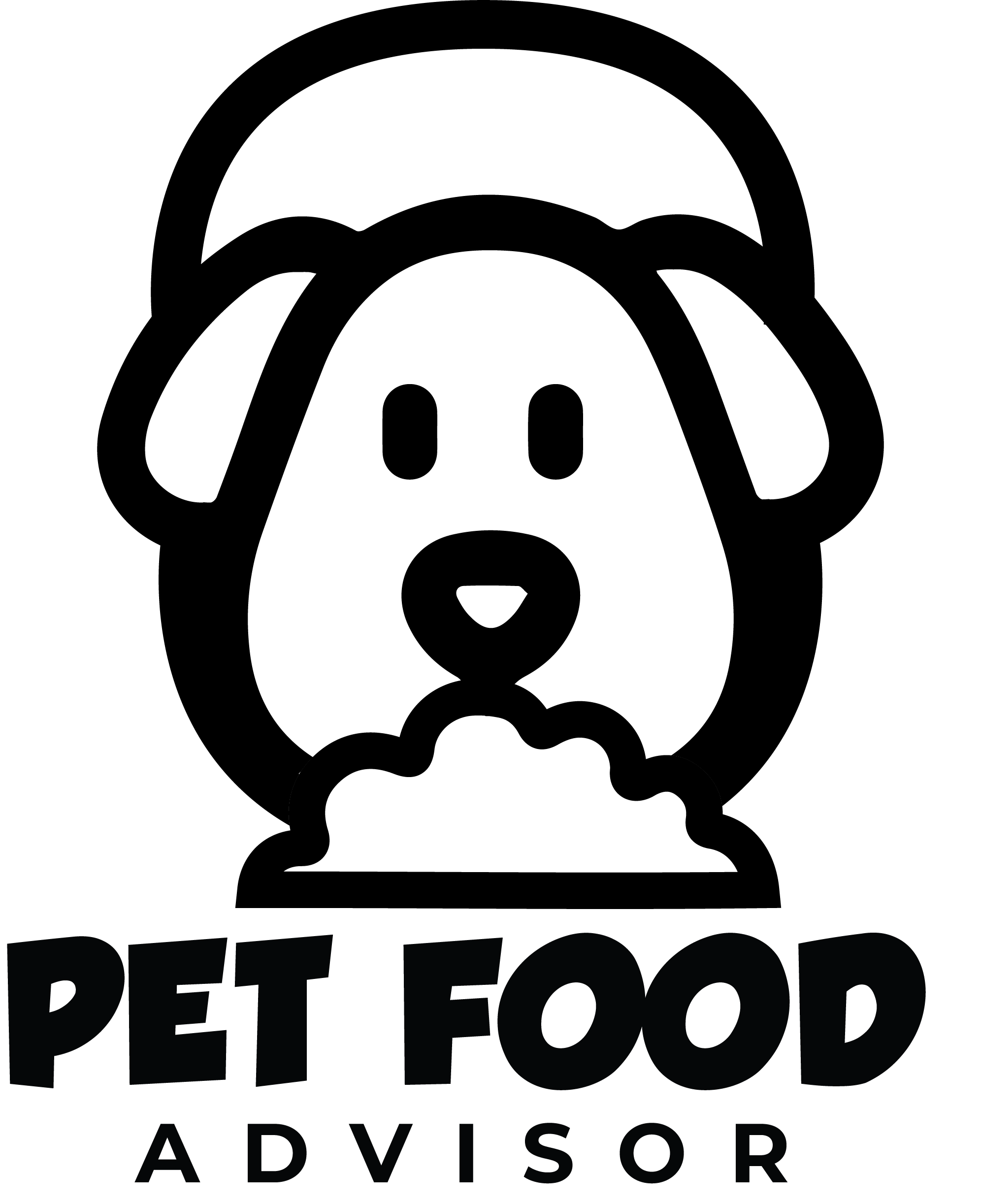
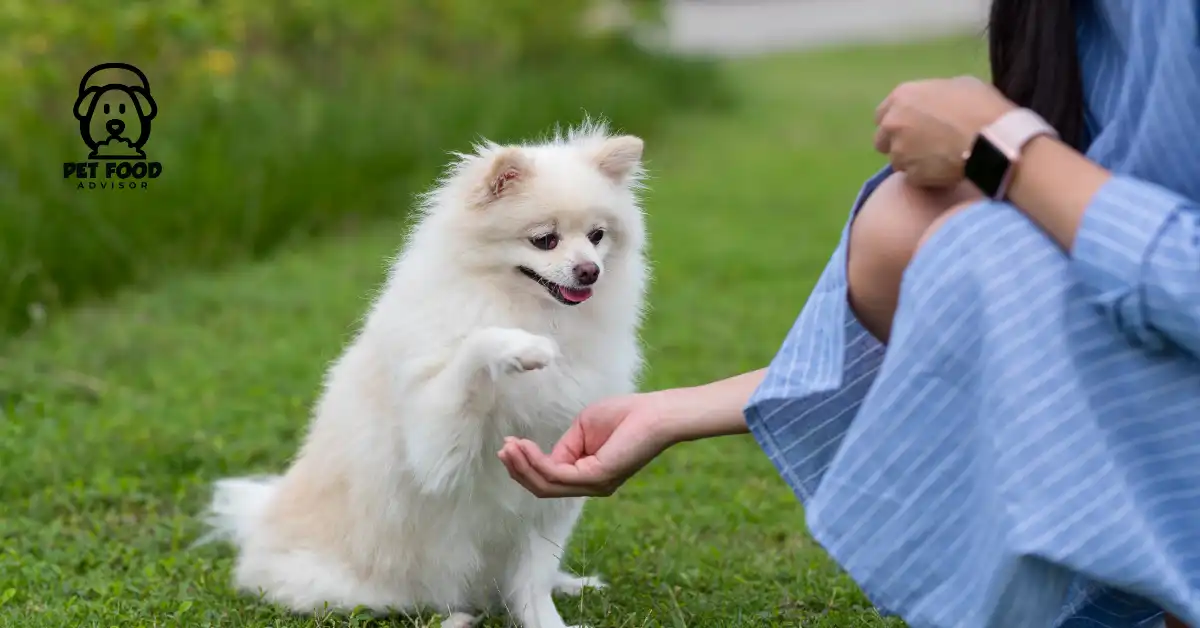
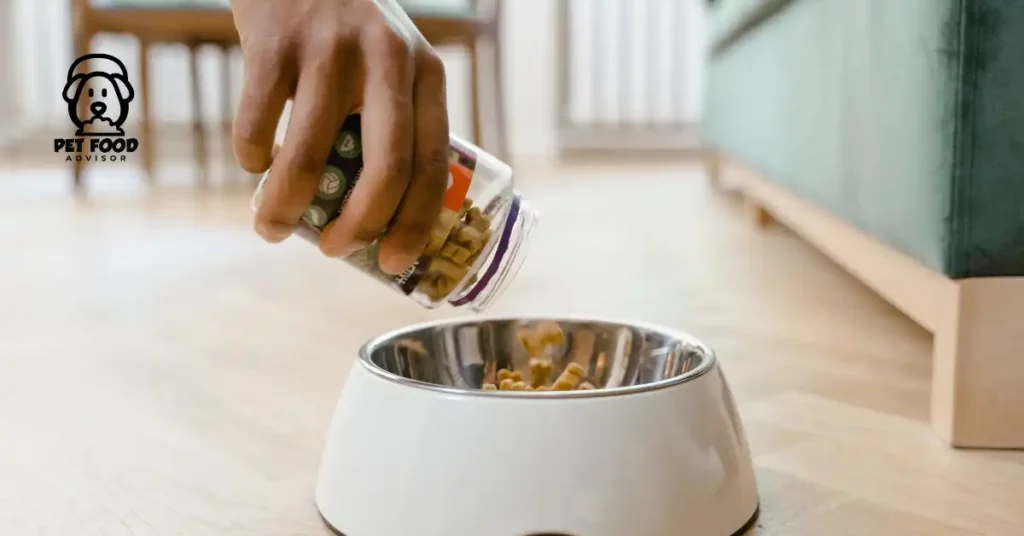
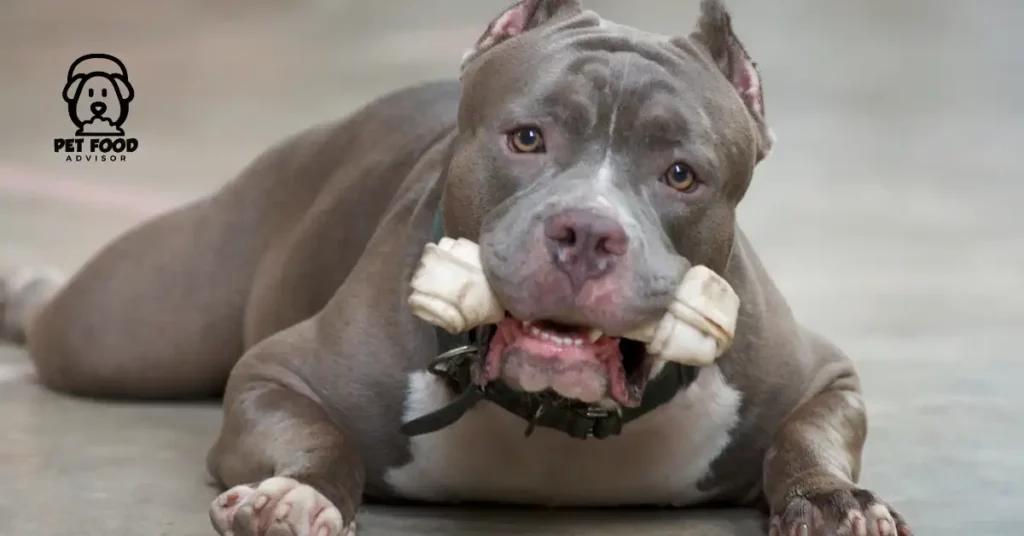
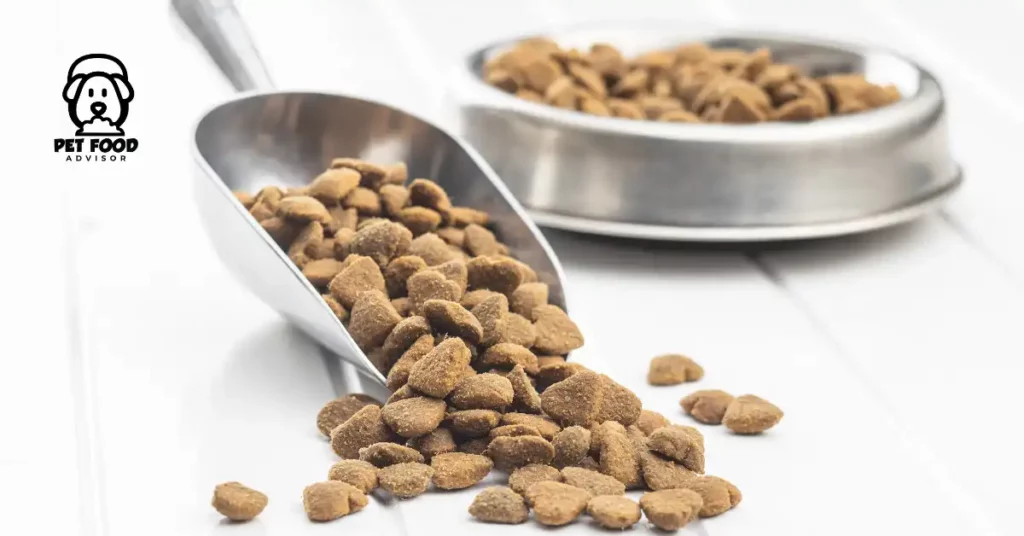
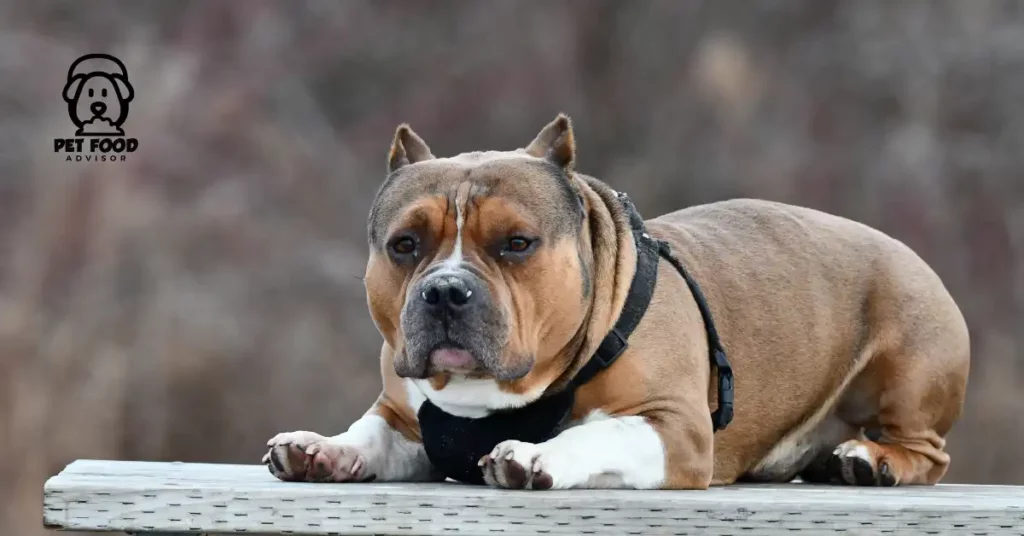
It was very helpful for me
Thanks for showing your love